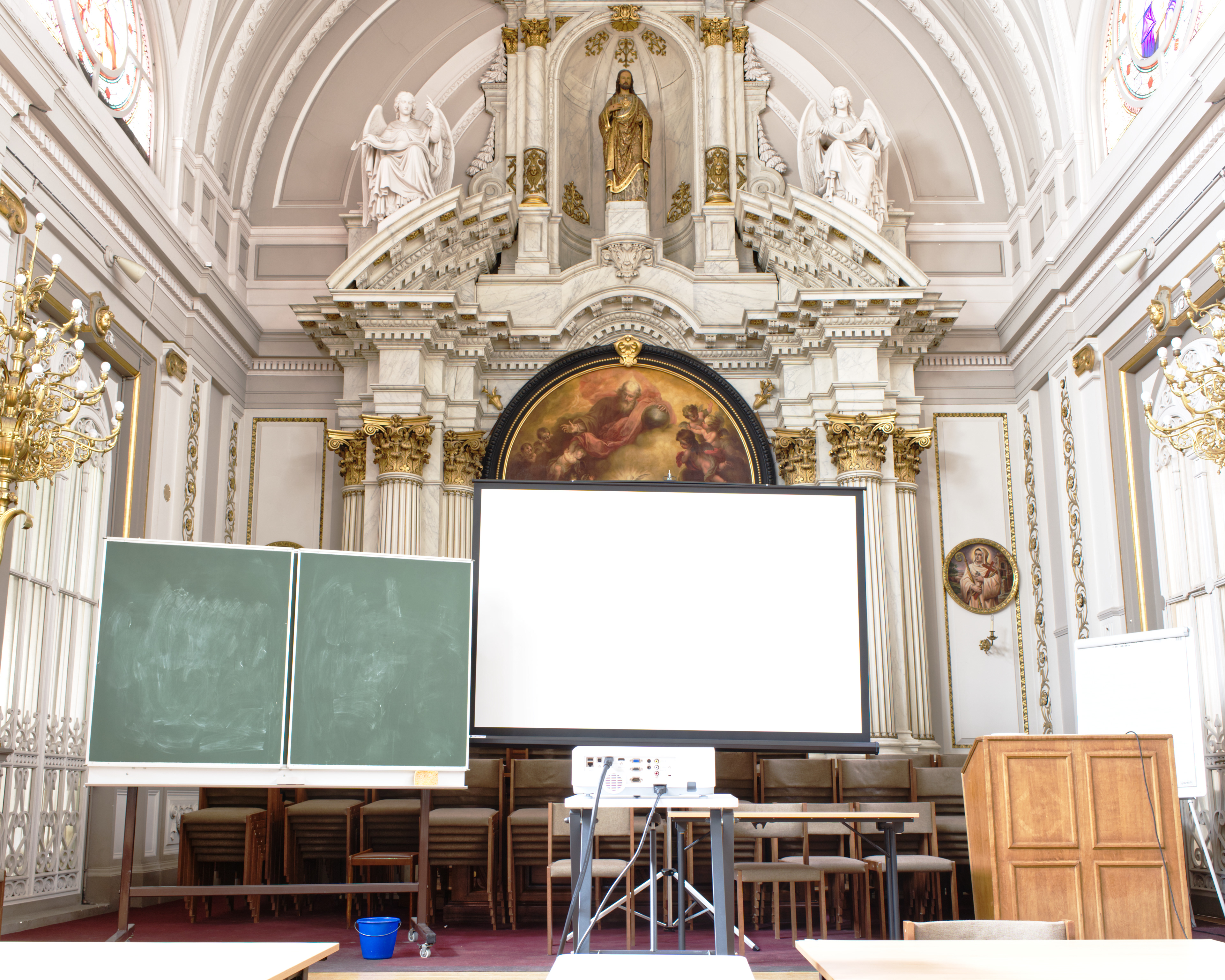
Kien Hoang

Moritz Broszat
Kien:
"Knowledge is the key to a person's success, or moreover, the development of a society. We acquire knowledge not only through education, but also through experience or practice. Especially during this pandemic, understanding is more necessary than ever. Vietnam has experienced three Covid outbreaks. In order to be able to come up with plans for pandemic management, to minimize the impact on society, decision makers always need pandemic knowledge as a strategic resource. And thereby repelling the epidemic, opening up a brighter future. Knowledge to me is an infinite renewable source that will benefit society the more we delve into it."
"Knowledge is the key to a person's success, or moreover, the development of a society. We acquire knowledge not only through education, but also through experience or practice. Especially during this pandemic, understanding is more necessary than ever. Vietnam has experienced three Covid outbreaks. In order to be able to come up with plans for pandemic management, to minimize the impact on society, decision makers always need pandemic knowledge as a strategic resource. And thereby repelling the epidemic, opening up a brighter future. Knowledge to me is an infinite renewable source that will benefit society the more we delve into it."
Moritz:
"The status of the omniscient - worth striving for or not? The familiarity of an issue or the approach to something is concentrated in a kind of routine. Nowadays it seems to me that so many things are no longer transparent in their complexity, so one takes on the role of the ignorant consumer who forms the largest part of the social construct. It's a kind of diligent approach that we live in front of the technical and automated background. As an amateur or layman, one practices something for its own sake, i.e. out of interest, pleasure or passion, and thus differs from the omniscient. I think curiosity is a natural trait and impetus in our lives. I think that perfect knowledge and skills play a deceptively fictional role, since the complexity of a thing is based on a continuous dynamic and the reliance on knowledge always creates discrepancies. So I like to play with diligent approaches and exchange a certain bias for new incentives.
Also important are of course institutions that provide information or are part of the educational system that in fact is related to our knowledge."
"The status of the omniscient - worth striving for or not? The familiarity of an issue or the approach to something is concentrated in a kind of routine. Nowadays it seems to me that so many things are no longer transparent in their complexity, so one takes on the role of the ignorant consumer who forms the largest part of the social construct. It's a kind of diligent approach that we live in front of the technical and automated background. As an amateur or layman, one practices something for its own sake, i.e. out of interest, pleasure or passion, and thus differs from the omniscient. I think curiosity is a natural trait and impetus in our lives. I think that perfect knowledge and skills play a deceptively fictional role, since the complexity of a thing is based on a continuous dynamic and the reliance on knowledge always creates discrepancies. So I like to play with diligent approaches and exchange a certain bias for new incentives.
Also important are of course institutions that provide information or are part of the educational system that in fact is related to our knowledge."